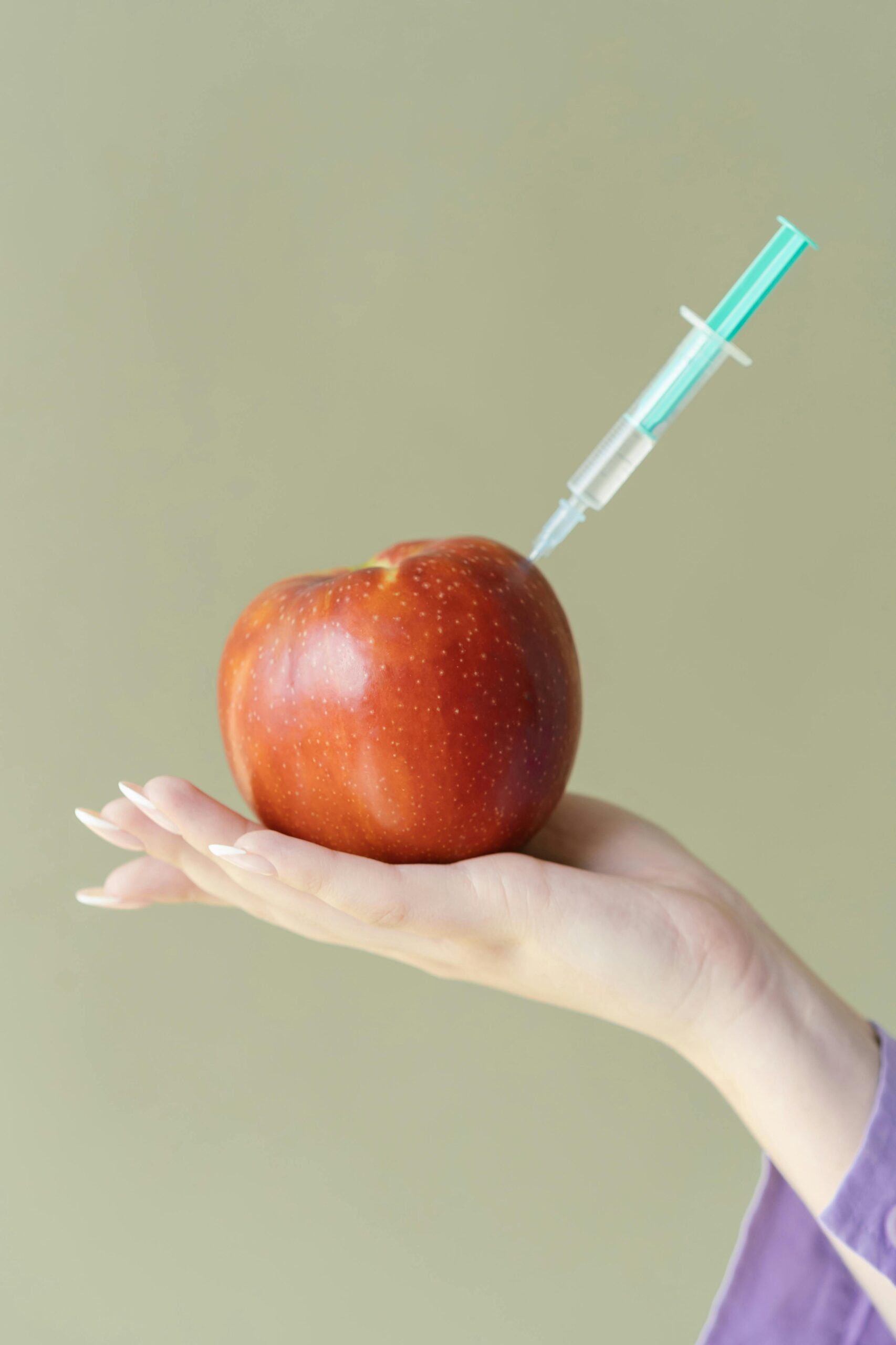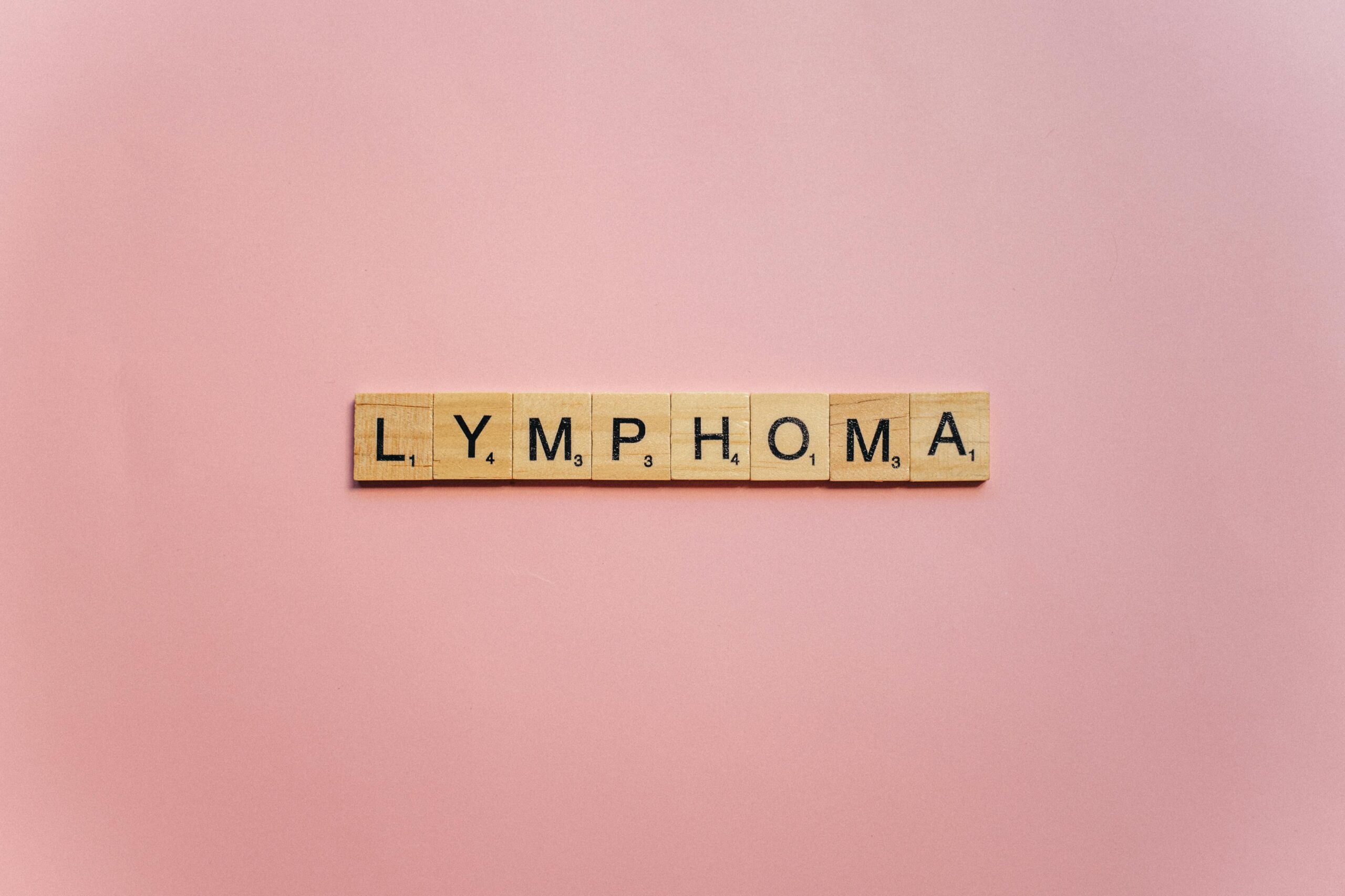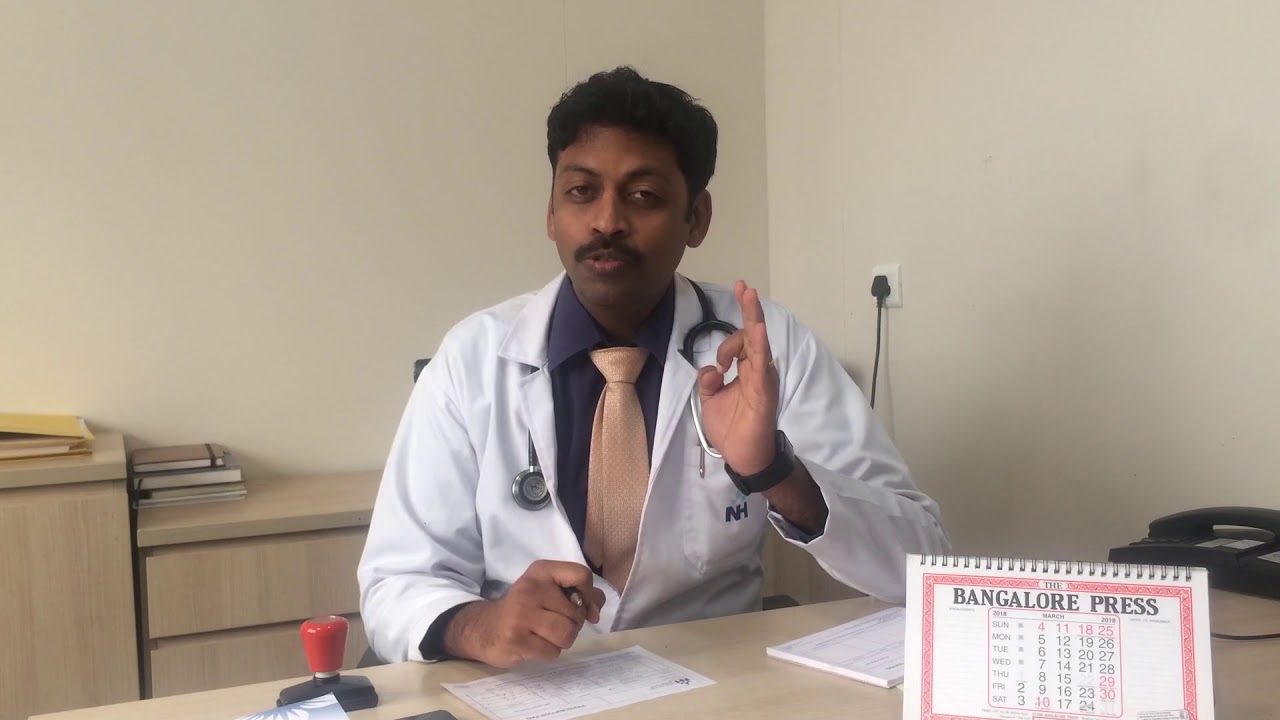Tag: quality of life
-

CRISPR and Gene Editing: The Future of Cancer Treatment
Overview of CRISPR in Medicine CRISPR (short for “clustered regularly interspaced short palindromic repeats”) is a technology that research scientists use to selectively modify the DNA of living organisms. CRISPR was adapted for use in the laboratory from naturally occurring genome editing systems found in bacteria. This revolutionary tool is now being used in medicine…
-

Soothing the Gut: Managing Digestive Issues in Colorectal Cancer Patients
Patients with colorectal cancer frequently have digestive discomfort as a result of the disease or its treatments. Radiation, chemotherapy and surgery have a significant impact on the patient’s gut microbiome and as a result, their quality of life . Some of the symptoms can include, but are not limited to nausea, constipation, diarrhea, and bloating.…
-

Understanding Non-Hodgkin’s Lymphoma: Symptoms, Causes, and Treatment
Non-Hodgkin’s lymphoma (NHL) is a type of cancer that originates in the lymphatic system, which is part of the body’s immune defense. In contrast to Hodgkin’s lymphoma, NHL is more prevalent and encompasses a wide range of blood cancers that impact lymphocytes, which are white blood cells. The main features of NHL are examined in…
-

The Science Behind Plastics and Cancer Risk: What You Can Do
Plastic is everywhere. From our kitchens to our cars and are even part of crucial processes in places like hospitals. Growing research indicates that certain chemicals have been proven to be harmful, especially when it comes to long-term cancer risk. While we’re not calling for panic or perfection, small shifts in how we interact with…
-

Holistic Cancer Programs: cancer and coaching and treatments ft Dr Nanda
Cancer is not just a physical battle, it’s an emotional and psychological journey that affects patients and their families. Renowned surgical oncologist Dr Nanda stresses the value of a comprehensive cancer program that combines medical care, psychological support, and rehabilitation to aid patients achieve their full recovery. The Role of Family and Caregivers A strong…
-

Alternative Support Strategies for Prostate Cancer: Beyond Standard Treatments
Prostate cancer treatment often includes surgery, radiation, or hormone therapy, each with its own benefits and side effects. While these conventional approaches are effective, many men seek complementary strategies to enhance recovery, manage side effects, and improve overall well-being. Prostate cancer is commonly treated with surgery (prostatectomy), which removes the prostate but can lead to…
-

Coping with Nausea and Appetite Loss During Chemotherapy: Holistic Tips that Help
Chemotherapy is a life-saving treatment, but its side effects particularly nausea and appetite loss can make eating a challenge. Comfort and nutrition throughout this trying time can be enhanced by knowing the causes of these symptoms and how to treat them holistically. Why Nausea and Appetite Loss Happen Chemotherapy affects rapidly dividing cells, including those…
-

Artificial Sweeteners and Health Hazards
Artificial sweeteners, also known as low-calorie sweeteners (LCS), are sugar substitutes added to foods and beverages to provide sweetness without the calories of regular sugar. These intense sweeteners can be hundreds to thousands of times sweeter than sugar, making them popular in “diet” or “sugar-free” products. There are six LCS (low calorie sweeteners) approved by…
-

Coaching for Cancer: Fighting Back with a Holistic Approach
Cancer is one of the toughest battles a person can face. Cancer treatment can challenge a patient’s endurance to an unmatched degree due to its physical, emotional, and mental toll. Renowned oncologist Dr. Rajeev highlights that overcoming this obstacle calls for a comprehensive strategy that fortifies the body, mind, and soul in addition to medical…
-

The Power of Antioxidants: Protecting Your Health from Free Radical Damage
Understanding Free Radicals and Oxidative Stress Before diving into antioxidants, it’s important to understand free radicals, these are harmful molecules that form naturally in our bodies and come from things like pollution, cigarette smoke, junk food and sunlight. Because of their unequal electron count, these compounds are extremely reactive and have the potential to harm…
